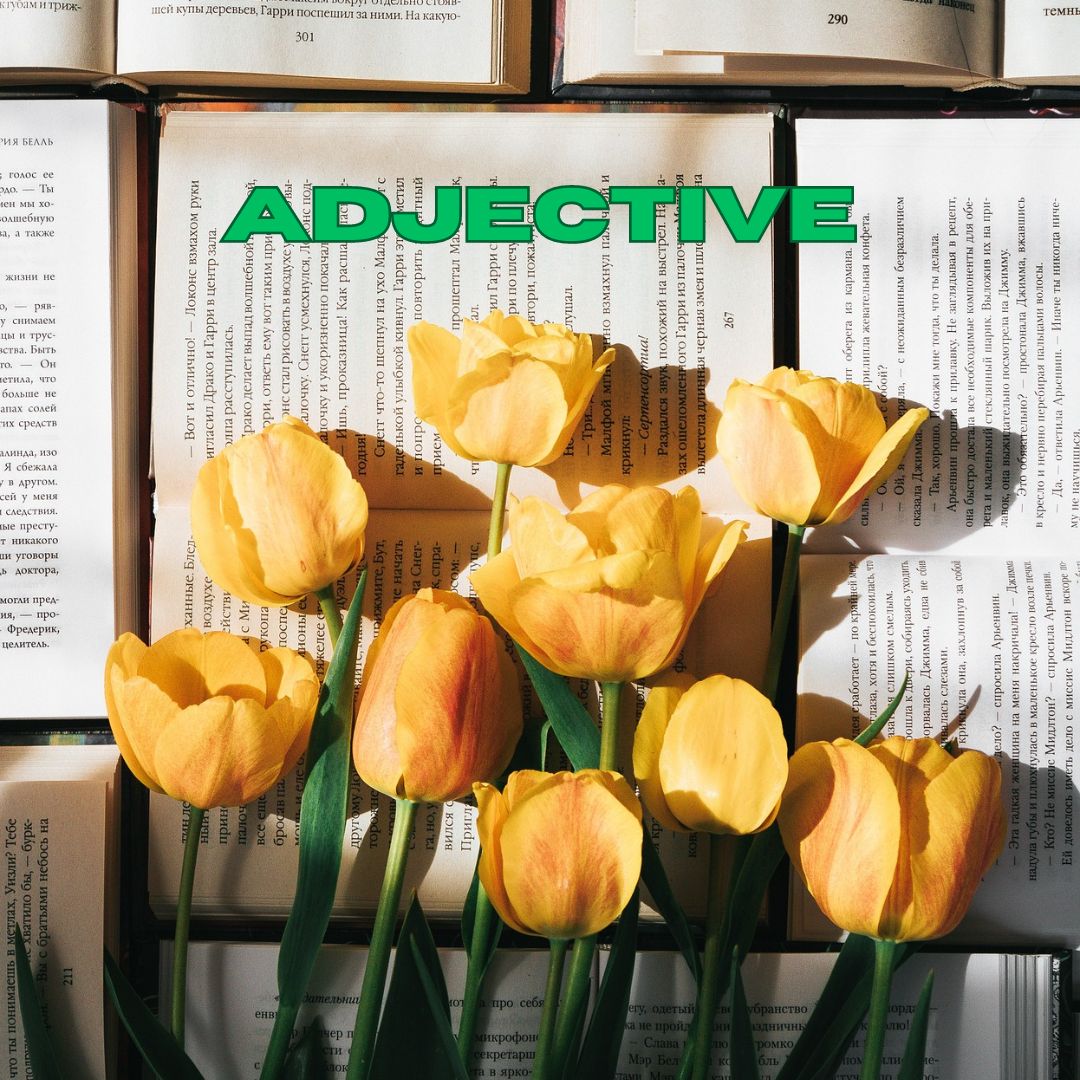What is an Adjective?

The English Adjective
The Adjective is a part of speech that describes a noun’s qualities.
colour, size, taste, appearance, age, forms, material, shape, and
answer to a question: what? (what kind of)
red, good, young, strong, smart, and interesting.
Adjectives do not have gender, number, or case:
an old woman, an old man, two young men, and three little kids.
Adjectives change in a form showing comparison:
small smaller smallest
Adjectives are divided into:
simple, derivative, and compound.
Simple Adjectives:
do not have suffixes and prefixes: big, short, red, black, young
Derivative Adjectives:
are formed by adding suffixes or prefixes, and sometimes the both of them at the same time.
correct in – correct
important un– important
significant in – significant
tolerant in – tolerant
un – comfort – able
un – success – ful
Common suffixes for Adjectives:
able/ible adorable
terrible
ant/ent pleasant
confident
ate passionate
ful wonderful
ian Canadian
ical medical
ish selfish
like child-like
some awesome
y noisy
ous famous
less helpless
Common prefixes for Adjectives:
| Un | Unjust |
| unfortunate | |
| Im | immature |
| impatient | |
| In | inconvenient |
| Ir | irreplaceable |
| Il | Illegal |
| Non | non-political |
| Dis | dishonest |
Compound Adjectives:
Some adjectives have a compound form and consist of
two words with one semantic meaning:
short-term blue-collar white-washed ill-minded
home-bred ice-cold overcooked well-known seasick
Adjectives occur before nouns, modifying them, and have
attributive function, when it comes after a verb it plays a predicative function:
The large (attributive) vase is on the table.
The vase is large (predicative).
Degrees of Comparison of the Adjectives
The Degrees of Comparison of Adverbs
What is a Pronoun? The Functions of the English pronouns.
What is a Noun? How to use it?